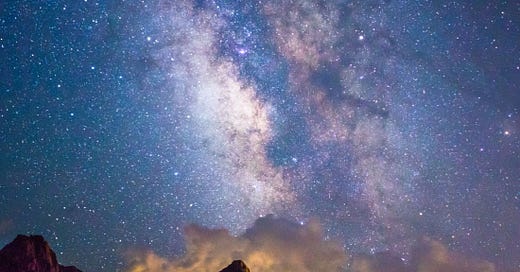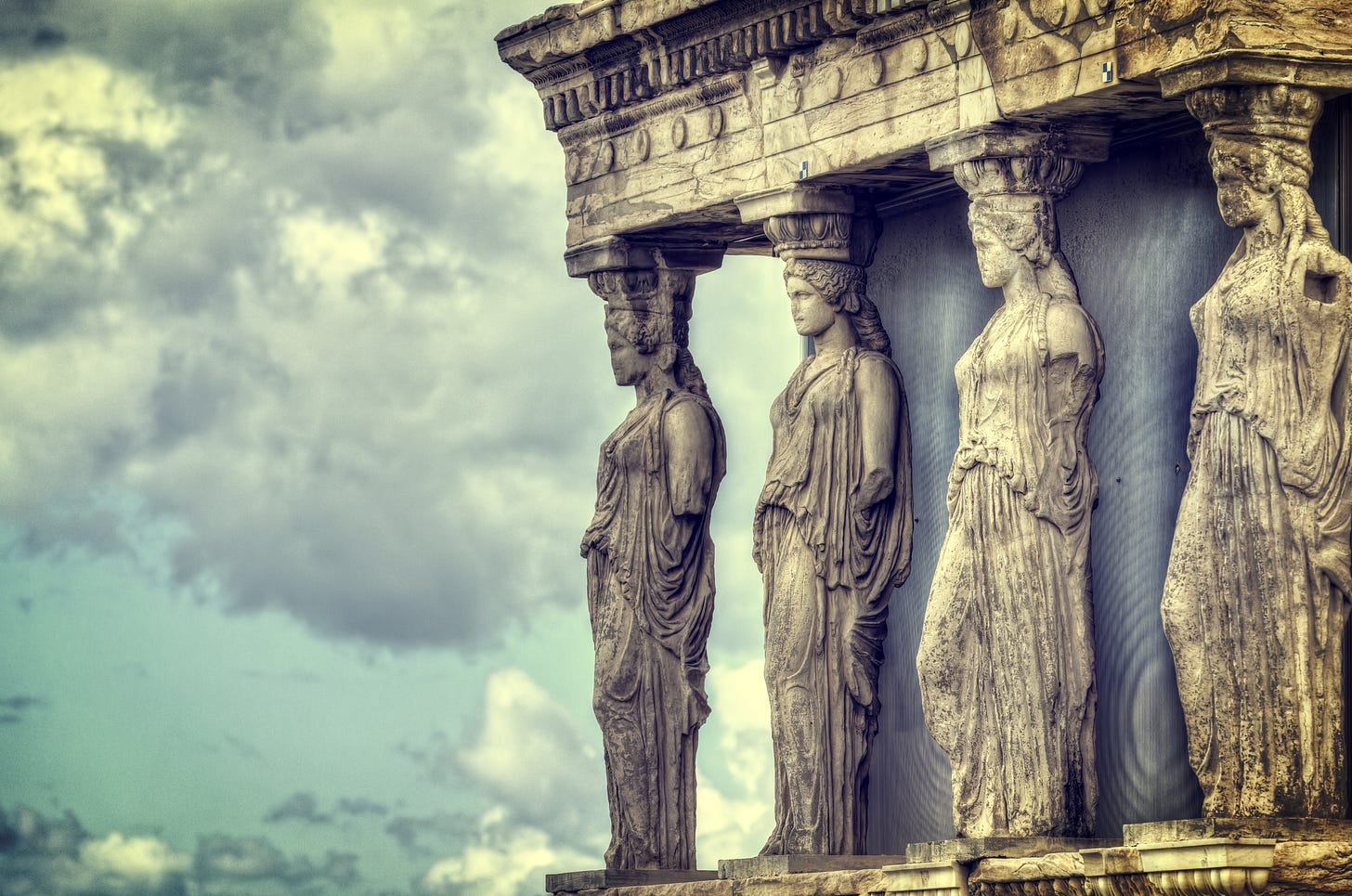What Is Coming Home?
We believe near-death experiences offer a transformative and healing glimpse into the afterlife
Near-death experiences (NDEs) are taking the modern world by storm: there are thousands of written recordings of such experiences, going back to Plato and the ancient Greeks, with more emerging with each passing day.
It turns out the term “near-death experience” is often a misnomer, as many people clinically die during these experiences. In many cases, these deaths are verified and documented by doctors, nurses, and paramedics. The stories of their death can be harrowing or disturbing. But the stories that follow the death of the body and the subsequent journey of their soul or consciousness are anything but disturbing.
They are instead tremendously beautiful and inspiring.
We believe that firsthand stories of NDEs are phenomenological evidence for the existence of life after death. And that these stories demonstrate how consciousness lives on after the physical death of the body. They do this by pointing to the existence of something greater than our ego, personality, or physical body.
Many traditions and people refer to this something as the soul.
During many NDEs, ordinary men and women have direct encounters with the numinous dimension of reality, whether one calls that God, Spirit, or the Universe. These experiences often upend their entire lives and engender a transformation they had not known was possible. Many people encounter loved ones no longer alive, or angels, spiritual beings, bright lights, and divine figures. They experience unconditional love, profound peace, and ineffable experiences of bliss. They also report floating above their bodies and watching loved ones or doctors attempting to resuscitate them—frequently they are able to share word-for-word what people were saying or doing, all while they were supposedly unconscious.
These people often come back changed forever, with a completely new form of faith in something higher that governs life. And like most religious or mystical experiences, they defy any attempt to describe them with words or concepts.
They are, by definition, ineffable.
These experiences are what psychologist and professor of religion William James studied in his work The Varieties of Religious Experience. Many of these experiences don’t conform to traditional religious doctrines and offer a breathtaking range of unique encounters with a reality beyond the physical senses. What all these experiences have in common is an incredible impact on the person and a window into the possibility of an afterlife awaiting us all after our human journey on earth.
We believe NDEs have the transformative power of traditional religious movements but without much of the dogma or competitive narrowness of many religious institutions. But they can also deepen people’s commitment to their religious faith, if they are a part of a certain religion. It doesn’t have to be an either–or.
The Meaning Crisis
This leads us to the larger context for this newsletter, and our YouTube channel, which is the spiritual crisis in which we find ourselves during this time in history.
We are living in a time where meaning is collapsing all around us.
Cognitive scientist and psychology professor John Vervaeke refers to this cultural collapse as the “meaning crisis.” The meaning crisis refers to a widespread sense of disorientation and alienation resulting from a shared loss of meaning and purpose in life. There are many reasons for this collective alienation, but the core of it can be understood as the collapse of traditional religion, the rise of individualism and materialism, and an ensuing lack of sustaining stories or myths that give us contextualized meaning.
We believe religions all over the world have served (and continue to serve) many people by giving structures and rituals within the context of a larger cosmology, in addition to offering community and a sense of belonging.
But most of these religions are deteriorating. Churches, mosques, and temples across the globe (but especially in the West) are recording drastic declines in attendance and participation. Most young adults have little connection to traditional religions and are increasingly self-identifying as “spiritual but not religious.”
Most religious institutions look and feel more and more like empty husks. This is because many of them have become rigid and dogmatic, unable to adapt to the times. They lack the software to update new emerging scientific data and integrate evolving worldviews sociopolitically. Many of these world religions were formed in long-lost cultures—like fossils imprinted in rock. They can inspire us, move us to great heights of faith and devotion, but they can rarely grow or change as institutions.
This is why many people, especially the majority of young people today, are moving away from organized religion.
At the same time, since the Enlightenment ushered in the modern and then the postmodern eras of the Western world, a new worldview has emerged based on secularism and nihilism. This emergent worldview has been in turn fueled by the ascendant rise of science.
A better phrase would be scientific materialism—the assumption built into most science that what cannot currently be detected (seen, touched, or poked) by our physical senses simply does not exist. Hence the descriptor materialism. Scientific materialism has ushered in the era of secularism, skepticism, and atheism. Out with the archaic and outdated religions, and in with the sexy physics of a material world.
Enter the meaning crisis.
Meaning has collapsed, and with it the morals, ethics, and philosophical richness of the religious imagination. Yet we are struggling with something to replace it, as science is skeptical of most meaning-making traditions. We cannot find faith or hope in the materialism of the senses, and there is nothing that draws us to a higher level of morals and ethics.
This is why NDEs are so fascinating and perfect for the current moment.
They speak to the soul—to the part of us that believes we are more than just flesh and blood. These experiences carry a sense of realness and authenticity because they are shared by modern-day ordinary people, not passed down as written accounts from hundreds or thousands of years ago. They speak to us as fresh voices from our own culture, startling in their intensity, challenging in how they confront our worldviews and perspectives, and yet hopeful in their alignment with ancient wisdom traditions.
For these reasons, Eliot and I are excited to share the stories of many people who have had NDEs, as well as talk to a range of people about the different aspects of the afterlife. We think the phenomenon of NDEs deserves our collective attention, and we are excited to support the emerging conversation about it.
If you are interested, subscribe to our YouTube channel to watch firsthand accounts of people who have had NDEs.





